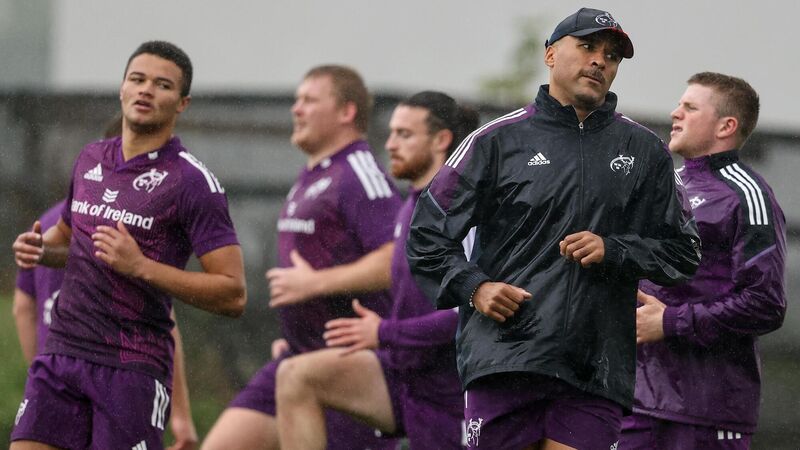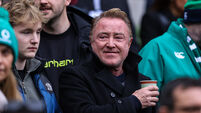Ian Mallon: Munster Premium 'isn’t Drive To Survive...it’s much more’

UP CLOSE: Simon Zebo at Munster Rugby Squad Training, 10 Acres, UL, Limerick this week. Pic: INPHO/Ben Brady
MUNSTER RUGBY believes if it can get its new premium content platform right, it can offer greater access, insight and value to fans, than the current Netflix or Amazon Prime fly-on-the-wall offerings.
The organisation has joined F1, Manchester City and Arsenal by allowing the cameras in to record behind-the-scenes footage, but in a way that will be more authentic than a ‘Drive to Survive’ or ‘All or Nothing’ style documentary series.









